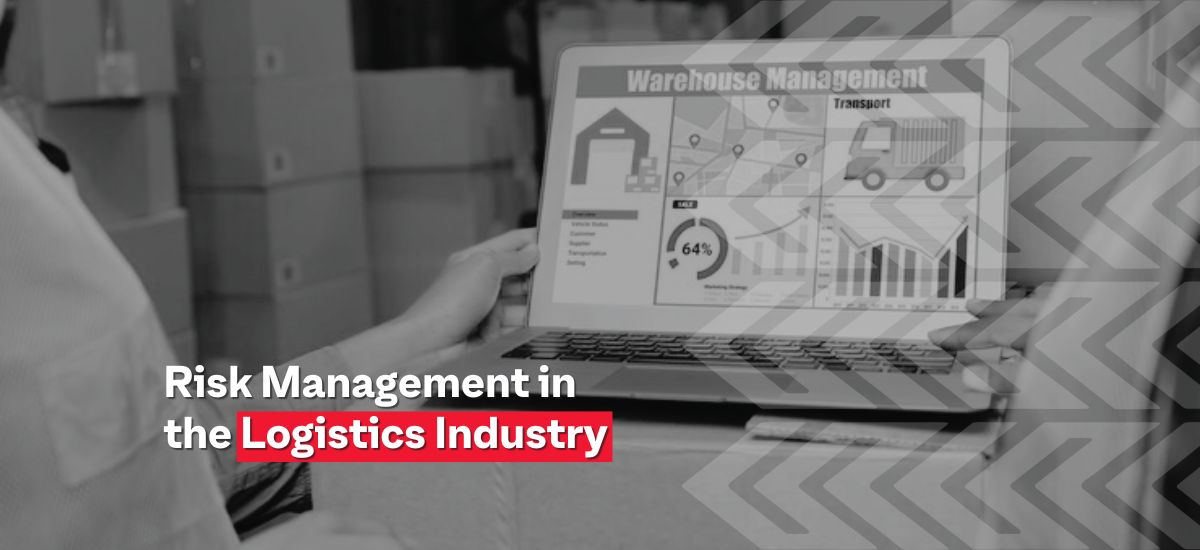Effective risk management is crucial for the logistics industry to ensure seamless operations and customer satisfaction. By identifying potential risks, implementing contingency plans, leveraging real-time monitoring, and ensuring compliance, logistics companies can minimize disruptions and maintain reliability. Proactive risk management not only safeguards supply chains but also provides a competitive edge in the global market.
In the fast-paced logistics industry, effective risk management is essential for seamless operations and customer satisfaction. From natural disasters to cybersecurity threats, today’s supply chains demand proactive strategies to mitigate disruptions and ensure reliability.
Key Components of Risk Management in Logistics
Pinpointing potential risks, such as delays, equipment breakdowns, or regulatory changes, allows logistics companies to prepare and adapt effectively.
Comprehensive contingency plans enable business continuity during unexpected events like natural disasters or supply chain bottlenecks.
Advanced technology, including GPS tracking and data analytics, provides real-time updates, helping logistics providers quickly resolve issues and minimize delays.
Adhering to legal requirements and maintaining safety standards reduces legal risks and operational interruptions.
Insurance coverage mitigates financial losses, while robust financial planning ensures stability during economic challenges.

